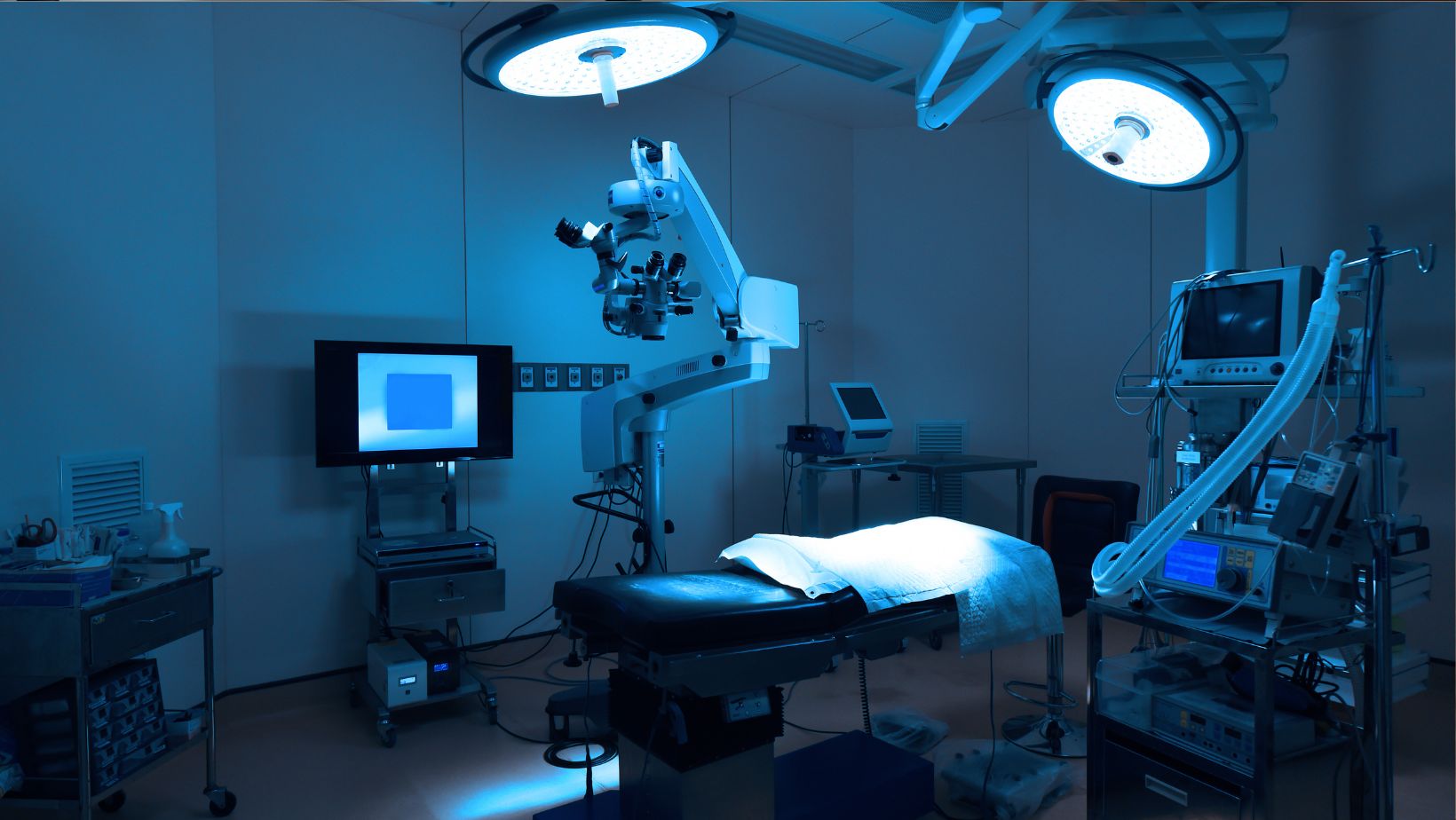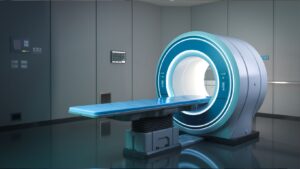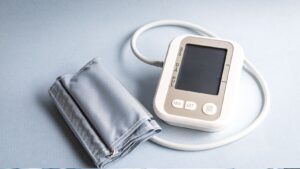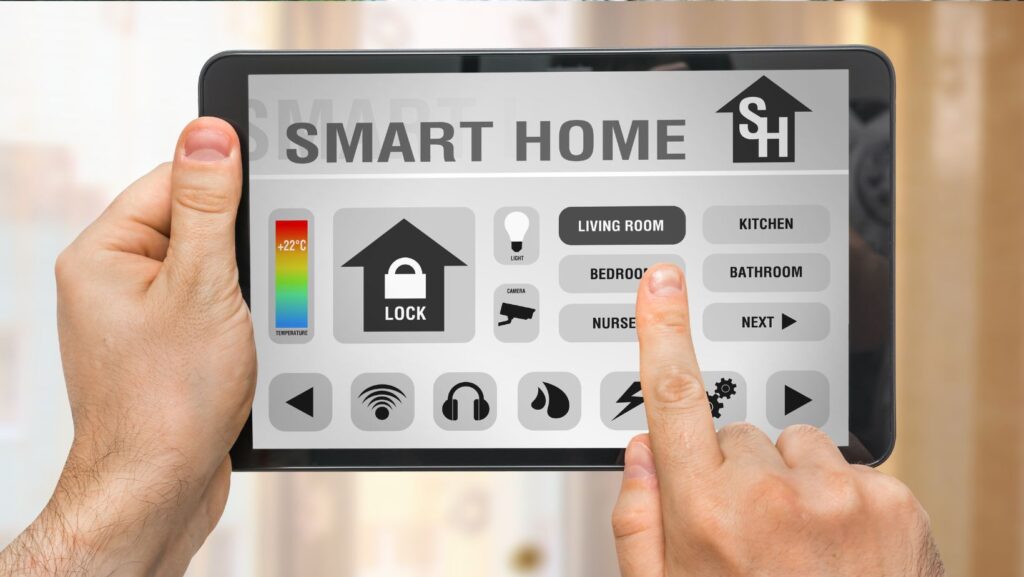
In the rapidly evolving world of healthcare, smart medical devices are transforming how patients and professionals approach medical treatment. These innovative gadgets leverage technology to provide real-time data, enhance patient monitoring, and improve overall care. From wearable fitness trackers to advanced diagnostic tools, smart devices are redefining the boundaries of what’s possible in medicine.
 As the demand for personalized and efficient healthcare grows, smart medical devices are stepping up to meet these needs. They’re not just about convenience; they’re about revolutionizing the way health information is collected and analyzed.
As the demand for personalized and efficient healthcare grows, smart medical devices are stepping up to meet these needs. They’re not just about convenience; they’re about revolutionizing the way health information is collected and analyzed.
By seamlessly integrating with digital platforms, these devices empower patients to take charge of their health while enabling healthcare providers to make informed decisions quickly.
Smart Medical Devices
Smart medical devices leverage advanced technology to provide effective healthcare solutions. These devices, including wearable monitors and implantable sensors, gather and transmit patient data in real-time. This continuous data stream aids healthcare professionals in diagnosing, monitoring, and treating various conditions more efficiently than traditional methods.
The range of smart medical devices spans several categories, with each serving distinct purposes:
- Wearable Devices: Examples like fitness trackers and smartwatches monitor vital signs such as heart rate or physical activity.
- Implantable Devices: Pacemakers and neurostimulators often manage chronic conditions, providing precise readings to inform treatment adjustments.
- Home Monitoring Systems: Remote patient monitoring captures data like glucose levels or blood pressure, enabling patient oversight outside clinical settings.
Smart medical devices empower patients by giving them access to their health metrics, encouraging engagement in personal health management. They also facilitate comprehensive care by enabling professionals to access accurate, up-to-date information, leading to informed decision-making.
Types Of Smart Medical Devices
Smart medical devices come in various forms, each serving distinct functions to improve patient care.
- Wearable Monitors: Devices like fitness trackers and smartwatches monitor vitals such as heart rate, sleep patterns, and activity levels. These devices facilitate continuous health tracking for fitness enthusiasts and patients with chronic conditions.
- Implantable Sensors: These devices, inserted into the body, provide continuous data on internal physiological conditions. Examples include glucose monitors for diabetics and cardiac monitors for patients with heart conditions.

- Remote Patient Monitoring Systems: Equipment such as blood pressure cuffs and digital thermometers connect to apps for real-time data sharing with healthcare providers. T
- AI-Enhanced Diagnostic Tools: These tools utilize algorithms to analyze medical scans and data to provide insights and early diagnosis, often integrated with existing clinical decision support systems.
- Smart Inhalers: For asthma sufferers, these devices track medication usage and provide reminders for patients, reducing the risk of attacks by ensuring correct and timely dosages.
Integrating technologies like AI and IoT, smart medical devices enable more precise, personalized care through real-time data acquisition and analysis.
Benefits Of Smart Medical Devices
Smart medical devices deliver several advantages in healthcare. Enhanced patient monitoring improves health outcomes by providing continuous data for timely interventions. These devices, like wearable monitors, track vital signs, alerting users and providers to potential issues, allowing for proactive responses.
Personalized care becomes more achievable with smart devices providing tailored data that informs treatment plans. For instance, implantable sensors offer real-time insights into physiological conditions, assisting healthcare providers in customizing patient care.

Improved accessibility results from remote monitoring systems that allow patients in rural or underserved areas to receive quality care without frequent visits. Devices like digital thermometers and blood pressure cuffs enable real-time data sharing, connecting patients with providers seamlessly.
Future Trends In Smart Medical Devices
Smart medical devices are poised to further revolutionize healthcare by integrating even more advanced technologies. With ongoing advancements in AI and IoT these devices will likely offer even more precise and predictive analytics enhancing preventive care. The development of more sophisticated wearables and implantable sensors promises to provide deeper insights into patient health enabling earlier interventions. As 5G networks expand connectivity will improve making real-time data sharing more seamless and efficient.
This will likely lead to a surge in telehealth services and remote monitoring solutions. Moreover as these technologies evolve they may become more affordable and accessible to a wider population bridging gaps in healthcare access. Embracing these innovations will be crucial for healthcare providers aiming to deliver personalized and efficient care. The future of smart medical devices holds immense potential for transforming patient care and fostering healthier communities.


